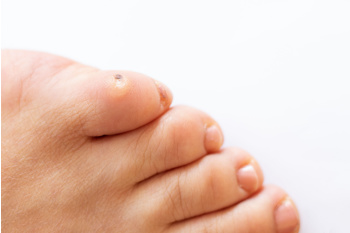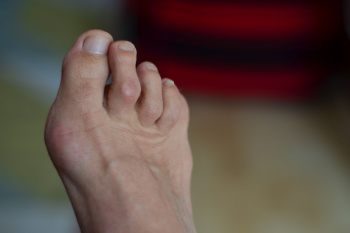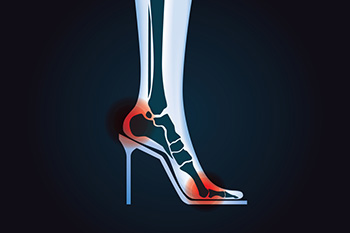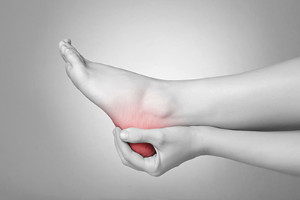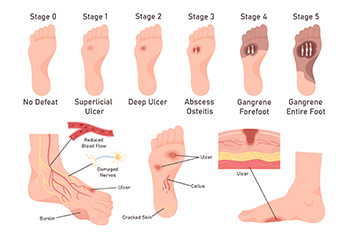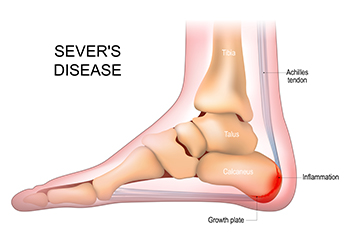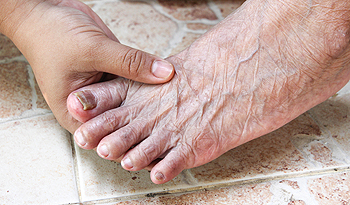
A black toenail can be alarming, often caused by several underlying issues. Trauma is a common cause, typically from stubbing your toe or repeated pressure, such as from wearing ill-fitting shoes. This blunt force can cause blood to pool beneath the nail, creating a dark discoloration. Fungal or bacterial infections may also result in a blackened nail if they affect the nail bed. More seriously, melanoma, a type of skin cancer, can present as a dark streak or discoloration under the nail. It is important to monitor any changes in your toenail’s color or texture and seek medical advice if the condition persists or worsens. A podiatrist can help diagnose the cause accurately and provide appropriate treatment, ensuring that any serious issues are addressed promptly. If you have a black toenail, it is suggested that you schedule an appointment with a podiatrist.
If left untreated, toenail fungus may spread to other toenails, skin, or even fingernails. If you suspect you have toenail fungus it is important to seek treatment right away. For more information about treatment, contact one of our podiatrists of Comprehensive Foot & Ankle Center of South Jersey. Our doctors can provide the care you need to keep you pain-free and on your feet.
Symptoms
- Warped or oddly shaped nails
- Yellowish nails
- Loose/separated nail
- Buildup of bits and pieces of nail fragments under the nail
- Brittle, broken, thickened nail
Treatment
If self-care strategies and over-the-counter medications does not help your fungus, your podiatrist may give you a prescription drug instead. Even if you find relief from your toenail fungus symptoms, you may experience a repeat infection in the future.
Prevention
In order to prevent getting toenail fungus in the future, you should always make sure to wash your feet with soap and water. After washing, it is important to dry your feet thoroughly especially in between the toes. When trimming your toenails, be sure to trim straight across instead of in a rounded shape. It is crucial not to cover up discolored nails with nail polish because that will prevent your nail from being able to “breathe”.
In some cases, surgical procedure may be needed to remove the toenail fungus. Consult with your podiatrist about the best treatment options for your case of toenail fungus.
If you have any questions, please feel free to contact our offices located in Cherry Hill, Voorhees, Atco, and Turnersville, NJ . We offer the newest diagnostic and treatment technologies for all your foot care needs.

